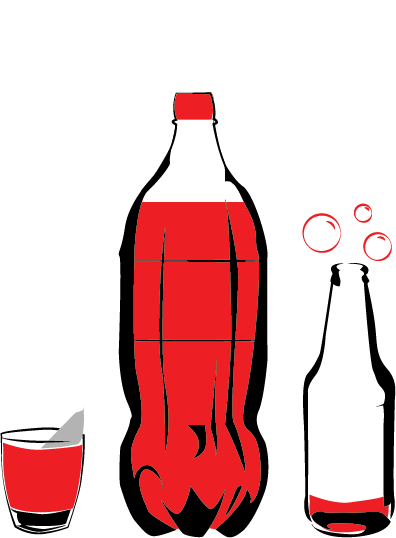NC State recently revised its alcohol safety and intervention policy, “Howl for Help,” which now encourages students to seek help in alcohol-related emergencies without the fear of legal consequences.
Howl for Help assures that students will not be sent to the Office of Student Conduct for underage possession or consumption of alcohol charges. It covers individuals who have consumed alcohol and seek emergency help on their own, as well as people who are not intoxicated and seek emergency help for others.
“College drinking is going to happen so it’s nice to have a policy that isn’t ignorant of that,” said Emily Finch, a senior studying psychology.
The policy now protects victims of a crime, such as assault or sexual abuse, who are under the influence of alcohol and call for assistance. Howl for Help also applies to events hosted by organizations, including Fraternity and Sorority Life events. If a member of the organization seeks help for an alcohol-related emergency and stays on the scene, they will not be punished and neither will the affiliated organization.
More than 70 percent of NC State undergraduates drink safely or don’t drink at all, but about 13 percent of the remaining individuals drink at a level considered the most dangerous, according to Student Health.
“Students don’t have to be afraid, they should err on the side of caution and call if they have any doubt that someone needs help,” said Daniel Perry, the Director of Alcohol & Other Drug Education and Prevention at NC State.
The pilot program for the policy took place last year, but underwent major changes that apply the 2015 school year. Previously, students were only allowed to use protection offered by the policy one time, but now there isn’t a defined number of times an individual or an organization is able to call for help. However, the policy doesn’t apply to illegal conduct with drugs or other prohibited acts including driving under the influence, vandalism and harassment. Students also are not protected by the policy if they seek help from someone besides an university official or emergency personnel.
NC State’s policy on Health and Safety Intervention For Alcohol-Related Emergencies focuses on two aspects: environmental prevention and prevention intervention. Environmental prevention aims toward making students understand the consequences that can result from drinking.
The Department of Alcohol and other Drug Prevention Education released a flyer advertising “Drinking Strategies for a Howling Night of Success.” It includes tips like knowing standard drink sizes, practicing saying “no” to an offer to have a drink and emphasizing the importance of pacing alcohol intake with the reminder, “it’s a hike, not a race.”*
“Nationally, Greek organizations are under fire and so are schools as far as putting safety parameters in place,” Perry said. “The federal government has dictated what needs to be done and now it’s starting to be enforced. Schools are recognizing that they can’t stop people from drinking, but what they can do is put prevention in place to reduce the harm around it.”
Prevention intervention aims to keep problems from repeating. After an incident, a student might have to meet with the Office of Student Conduct, attend a counseling session or complete other requirements to make sure the situation will not happen again. However, any records of this will not be disclosed as part of a student’s disciplinary history.
“I think it’s a great policy because someone may be too afraid to get help for themselves or a friend if it involves alcohol and this might make more students reach out if they don’t have to worry about legal consequences or the fear of being judged,” said Chloe Gilgannon, a senior studying human biology.
NC State isn’t the only university developing new tactics to address the issue of college drinking and how to keep students safe, according to Paul Cousins, the Director of the Department of Student and Community Standards.
“There are many other institutions nationwide who have adopted some sort of ‘amnesty program,” Cousins said. “It has many different titles, but the basic purpose of it is to empower the community to get involved when we witness someone in distress because of alcohol.”
*Editor’s Note: The Technician originally reported the Department of Alcohol and other Drug Prevention Education flyer said “it’s a race, not a hike.” This is incorrect. The flyer said “it’s a hike, not a race.”








